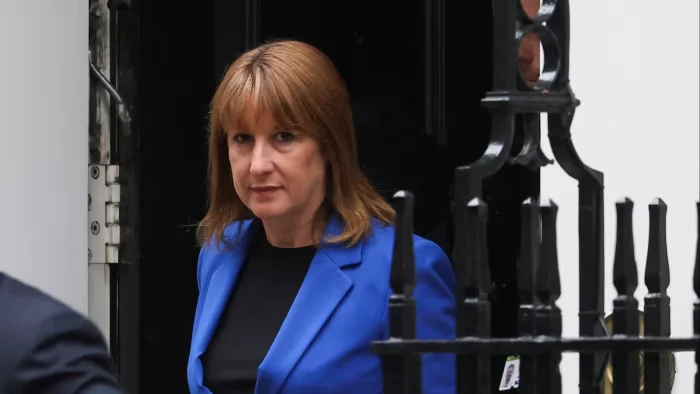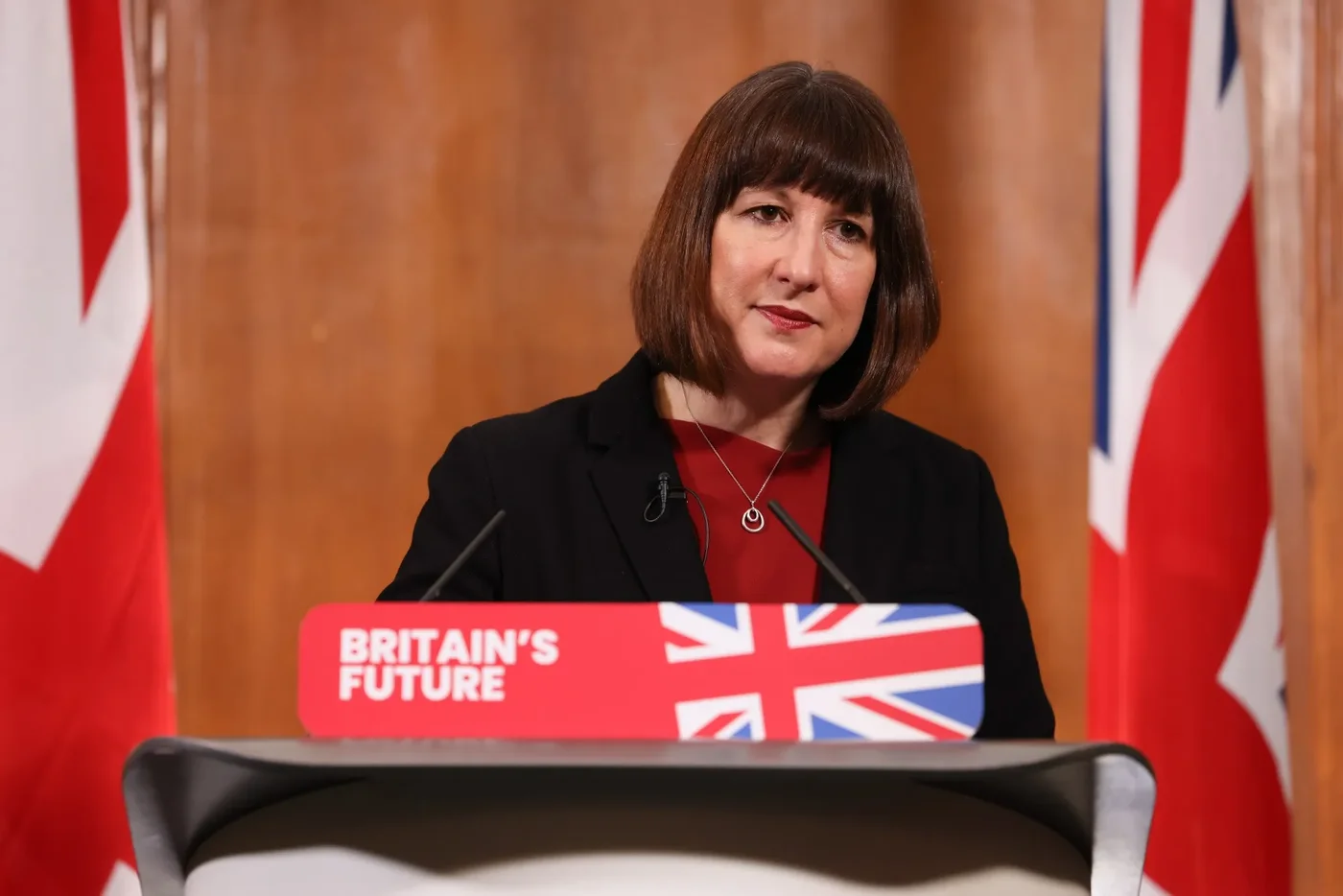Budget 2025: What Rachel Reeves Could Announce
Chancellor Rachel Reeves has confirmed that the Autumn Budget will be delivered on Wednesday, 26 November 2025. The announcement comes at a time of growing financial pressure, with the Government facing £60bn in borrowing since April – £6.7bn more than the same period last year, according to the ONS.
Debt servicing is also becoming more expensive. The yield on 30-year UK government bonds has risen to 5.72pc, the highest since 1998, increasing the cost of financing the national debt.
Against this backdrop, Reeves must balance the books while sticking to Labour’s manifesto promise not to raise income tax, VAT or National Insurance for “working people”. That leaves analysts and think tanks speculating about where she may turn for revenue.
Here are the main areas under discussion ahead of the Budget.
Public Finances Under Strain
- Borrowing for April–July 2025/26 reached £60bn, up from £53.3bn in the same period last year.
- Reeves has been accused by Conservative critics of “burying” extra borrowing in her Spending Review.
- Rising gilt yields add to the challenge, making every pound of debt more costly to service.
This fiscal squeeze explains why attention is turning towards alternative tax-raising measures.
Inheritance Tax Options
Confirmed policy: from April 2027, private pension wealth will become subject to the 40pc inheritance tax, alongside cuts to allowances for farmers and business owners.
Speculation includes:
- A lifetime cap on gifts passed before death.
- Reviewing taper relief, which currently reduces tax if the donor lives at least three years after giving.
- Extending the freeze on the £325,000 nil-rate band until 2030 (it would have been £555,000 by 2029-30 if uprated with inflation).
- Potentially removing the £175,000 residence nil-rate band, bringing more family homes into scope.
Property Wealth Tax
Reports suggest that ministers are reviewing ways to tax property wealth more effectively. Options discussed include:
- Replacing council tax with a proportional property tax linked to home value, paid annually.
- A possible “mansion tax”, applying capital gains tax to sales of high-value properties – something currently exempt for main residences.
No decision has been confirmed, but both measures would target wealth built up in housing rather than wages.

Landlord Taxes and National Insurance
Landlords may be asked to contribute more. One option is making rental income subject to National Insurance, treating it like employment income rather than passive investment.
- Estimates suggest this could raise around £2bn annually.
- Adam Corlett, Resolution Foundation, argues it would make the system “fairer” by taxing different types of income equally.
- Campaign group Generation Rent warns many landlords now use limited company structures covering over 680,000 rental homes which could blunt the impact of any such reform.
Pension Reforms on the Table
The Government has pledged to maintain the triple lock on state pensions. Sweeping reforms are unlikely, but some technical adjustments could appear:
- Analysts expect debate over cutting higher-rate pension tax relief, possibly moving to a flat rate.
- The future of the 25pc tax-free lump sum continues to attract speculation, though nothing is confirmed.
- Use of salary sacrifice arrangements could also be reviewed.
Sir Steve Webb, former pensions minister, cautions that any major change could affect millions of public sector workers but acknowledges technical tweaks are plausible.
Cash ISA Cuts
The £20,000 annual allowance for cash ISAs has been under review for months. Reports suggest a possible reduction to £4,000, in order to encourage more money into stock market investments.
Building societies, however, warn this could make mortgages more expensive since cash ISAs fund part of their lending base.
Analyst Tom Selby, AJ Bell, notes: “The Government has been clear it wants to encourage a retail investment culture, but details remain scarce.”

Final Summary
Budget 2025 confirmed for 26 November
Rachel Reeves faces a tough balancing act. With debt costs rising and borrowing above forecast, she may have to find extra revenue but without breaking Labour’s promises to working people. That means inheritance, property, landlord, and savings reforms are the most likely targets, though much remains speculation until the Chancellor steps up to the despatch box.











